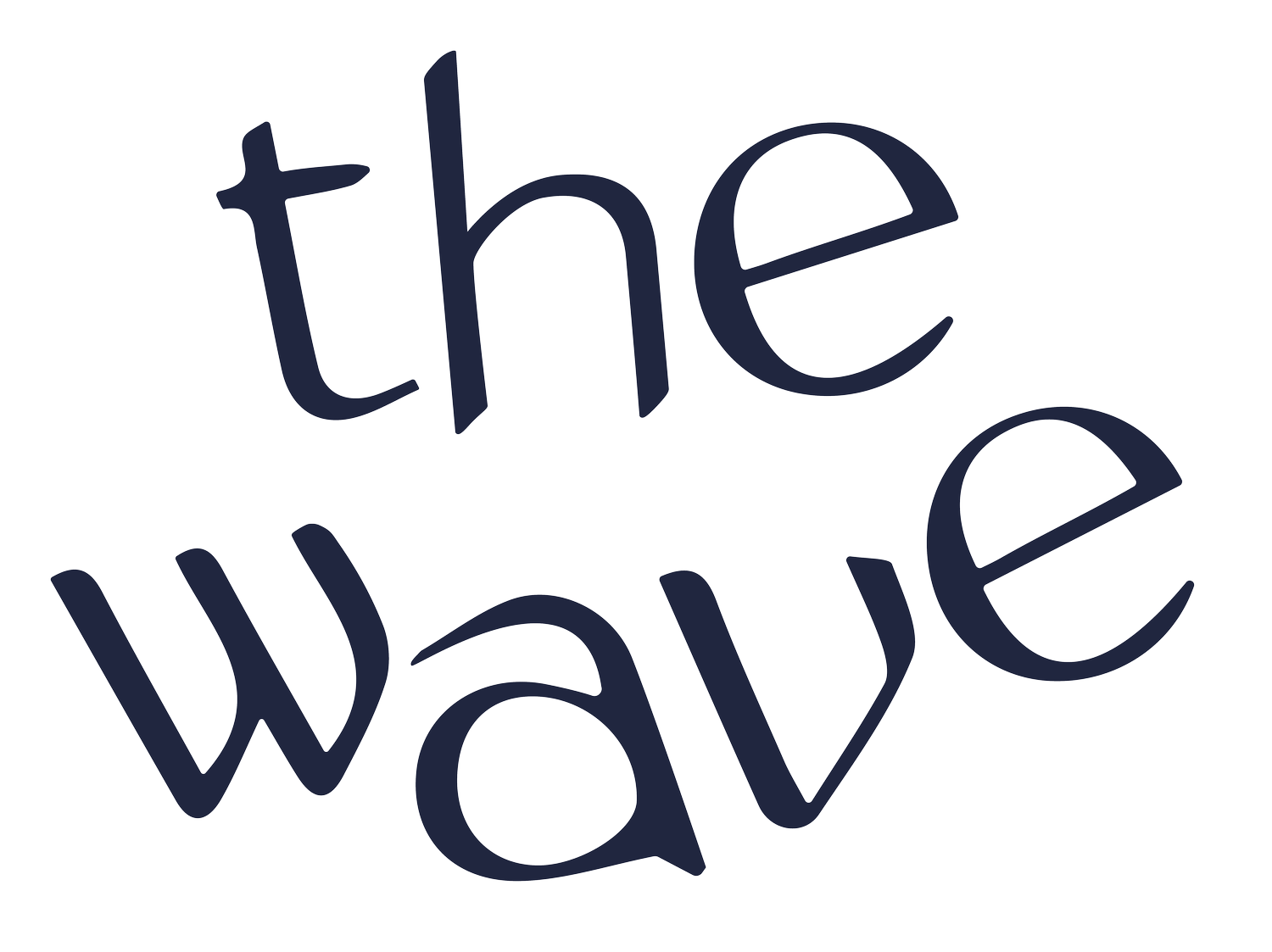Common Podcasting Roadblocks and Strategies to Overcome Them
The term 'podfading' is commonly used within the podcasting community. It describes a podcast that still features on podcast directories i.e. Apple Podcasts, Spotify, and Google Podcasts; but there is a sustained lack of new uploads and it is considered to no longer be in production. With over 1,000,000 podcasts currently filling the airways, industry experts estimate that 75% have already pod-faded. This equates to a staggering 750,000 inactive podcasts. The current state of the industry, and the overwhelming handle that podfading has over creators, are both telling signs that podcasting is no easy feat.
Podcasting can be highly rewarding, allowing for growth and creative prosperity. But as with any new venture, it can be challenging to find your feet and settle into a routine. The most difficult part of a creative venture like podcasting isn’t the beginning – it’s actually relatively easy to get started. It’s maintaining a decent podcast that is the real challenge. From the moment you hit play on your first episode, you'll be met with more than a few hurdles set to slow you down along the way. However, with the right tools and mindset, you can prepare, recognize, and tackle them head on.
The best part about entering into the world of podcasting is that countless others have come before you and carved a path from relative obscurity to podcasting royalty. By learning from the successes (and failures) of others, you can anticipate and successfully navigate podcasting roadblocks, and set yourself in the right direction.
In this article, we explore some of the greatest challenges facing podcasters today, and guide you to overcome these trials so that your pod to blossom.
✴ Work Smarter, Not Harder
One of the most common reasons why people neglect their podcasts, is burnout. Herbert Freudenberger coined the term in his 1974 book 'The High Cost of High Achievement', outlining it as a loss of passion for your work, usually brought on by chronic physical, emotional and/or mental exhaustion that has not been adequately managed. You essentially run out of steam and it starts to impact not only your work, but your personal life and health.
With the booming podcasting industry ever-growing and an army of podcasters creating content on countless subjects, it's no surprise that podcasters are at high risk of burnout. The pressure of competing in a challenging and saturated market can very easily become overwhelming.
Whether you’re just starting out or have been a podcaster for a while, the best way to avoid the dangers of burnout is to build a sustainable system that allows you to stay motivated and productive episode after episode. Before taking the leap and producing your first (or next) episode, here are a few tips below.
✴ Batching
‘Batching’ is a common phrase within the world of podcasting, with many utilizing this strategy to bolster efficiency and maximize their productivity. The concept of batching is simple. It essentially asks podcasters to apply some forethought to their operation and plan ahead. Instead of recording one episode at a time, record multiple episodes in one sitting; or rather than preparing marketing content for a week, prepare it for the next few months. If you need to invite a guest for your upcoming show, send invitations to your next 4 guests instead.
Countless studies have shown that most people find themselves being more productive when they focus their efforts on one task at a time, as opposed to moving back and forth from task to task. Batching plays to this innate human strength, allowing podcasters to harness their drive and subsequently save time and energy.
✴ Create a Regular System
Podcasting is about commitment, not only to your content but also to your creative process. You shouldn't have to re-write your episode structure week after week, nor should you be altering your filing system every other month. The bare bones of your regular operations do not need to be bespoke each time
Podcasters will benefit from building a consistent, reliable system with templates that you can return to time and time again. With some perseverance, these actions will start to become habitual, almost mindless, which reduces the mental strain you suffer at the hands of podcast administration. As such, you'll be left to focus your energy, ambition, and passion on the actual production of your episodes, for longer.
✴ Be Ready for the Long-Haul
In this age of digital media, most of our lives are filled with the voices of online creators, as social platforms like YouTube, Instagram, and Facebook make up a huge portion of the entertainment we consume. The difference is that these platforms mostly offer snippets of information that we can passively consume.
Podcasting on the other hand, asks for the full attention of its audience and as a result, you’ll notice that it takes much more time to build a dedicated following. So don’t be disheartened when you compare your social and podcasting fans and notice a huge discrepancy. It's vital to remember that 100 loyal podcast listeners are better than 1000 passive social media followers because they actively choose to tune in. Keep at it and eventually, your efforts will pay off. Check out our article on how to avoid burnout for more useful tips.
✴ Returning to Your Why
If you ever feel like your enthusiasm is waning, and your drive to create content is fading, return to your 'why'. This is the source of your passion and the driving force behind the whole venture. Without a ‘why’, you’re unlikely to get very far. To uncover it, simply ask yourself the right questions from the very beginning:
Why do I want to do this?
What are my creative values?
What is my greatest source of happiness?
What causes me stress?
If you continue to ask yourself these questions, you’ll eventually find yourself returning to the same answer, which will most likely be the reason that you continue striving to move forward when things get tough. It may even rekindle your initial love for podcasting.
Your ‘why’ can be anything, but most people will find that they share similar goals, such as:
To leave a creative legacy
To feel a connection with likeminded people
To share their unfiltered opinions and guidance
Having a positive impact on the lives of others
Providing for their family/ loved ones
Success and celebrity
To build a sustainable income
The importance of ‘why’ doesn't just fall to individuals but can be the mission statement of an entire organization. Since the release of Simon Sinek's book – Start With Why – 'corporate whys' have seen a tremendous boost in popularity. The book outlines the value of ‘why’ statements in corporate settings and highlights the ways that leaders can inspire their workers.
Ultimately, it's down to you to define your own ‘why’ and allow your podcast to sprout through it.
✴ Overcoming Impostor Syndrome
First identified in 1978 by psychologists Pauline Rose Clance and Suzanne Imes, impostor syndrome is the assumption that you’ve only succeeded as a result of luck, as opposed to your talent, knowledge, or qualifications.
Impostor syndrome expert and renowned author Valerie Young, has uncovered a series of patterns and consistencies in people who suffer from impostor feelings. Some of these are highlighted below:
Solo workers often feel the need to thrive by themselves, and if they have no choice but to ask for help, they will feel like a failure or a fraud.
Perfectionists have a habit of setting impossibly high expectations for themselves, and unless they can achieve everything they set out to do, they too will feel like failures.
Those suffering from imposter syndrome will push themselves to work harder than everyone else around them, all in an effort to validate their achievements and professional standing.
Many podcasters, especially those thrust into the limelight, will experience a bout of imposter syndrome at some point, which causes them to doubt their own creative worth or feel they don't deserve their success.
Ridding yourself of these feelings requires you to firstly acknowledge your thoughts as toxic and unwarranted. Then try to view yourself from a healthier perspective. Learn to accentuate positive thoughts by acknowledging the skills you bring to the table and accepting when others compliment you. Lastly, by speaking to others who may be struggling with similar issues and building a support system, you can slowly but surely begin to embrace your creative value.
✴ There's an Audience for Every Podcast
The beauty of podcasting is the versatility. There is an audience for almost every kind of topic. Podcasting is all about sharing, and with the right marketing, scripting, and production, you'll soon find yourself with an audience who'll listen.
Though the pitfalls and roadblocks posed by the podcasting industry can make you feel displaced and out of your element, it's crucial to persevere. Once you've braved the terrain of podcasting obstacles, you can find yourself in a lucrative position, both creatively and financially.
For more insight on how to grow as a podcaster and build a successful podcast, grab our free growth guide.
LIKED THIS ARTICLE? DOWNLOAD OUR FREE PODCASTING GUIDES
Launch a Podcast in 30 Days Checklist The Best Podcast Equipment 2022 The Ultimate Production Checklist Vocal Warm-ups for Podcasters Target Listener Persona Template The Best Podcast Tools 2022

